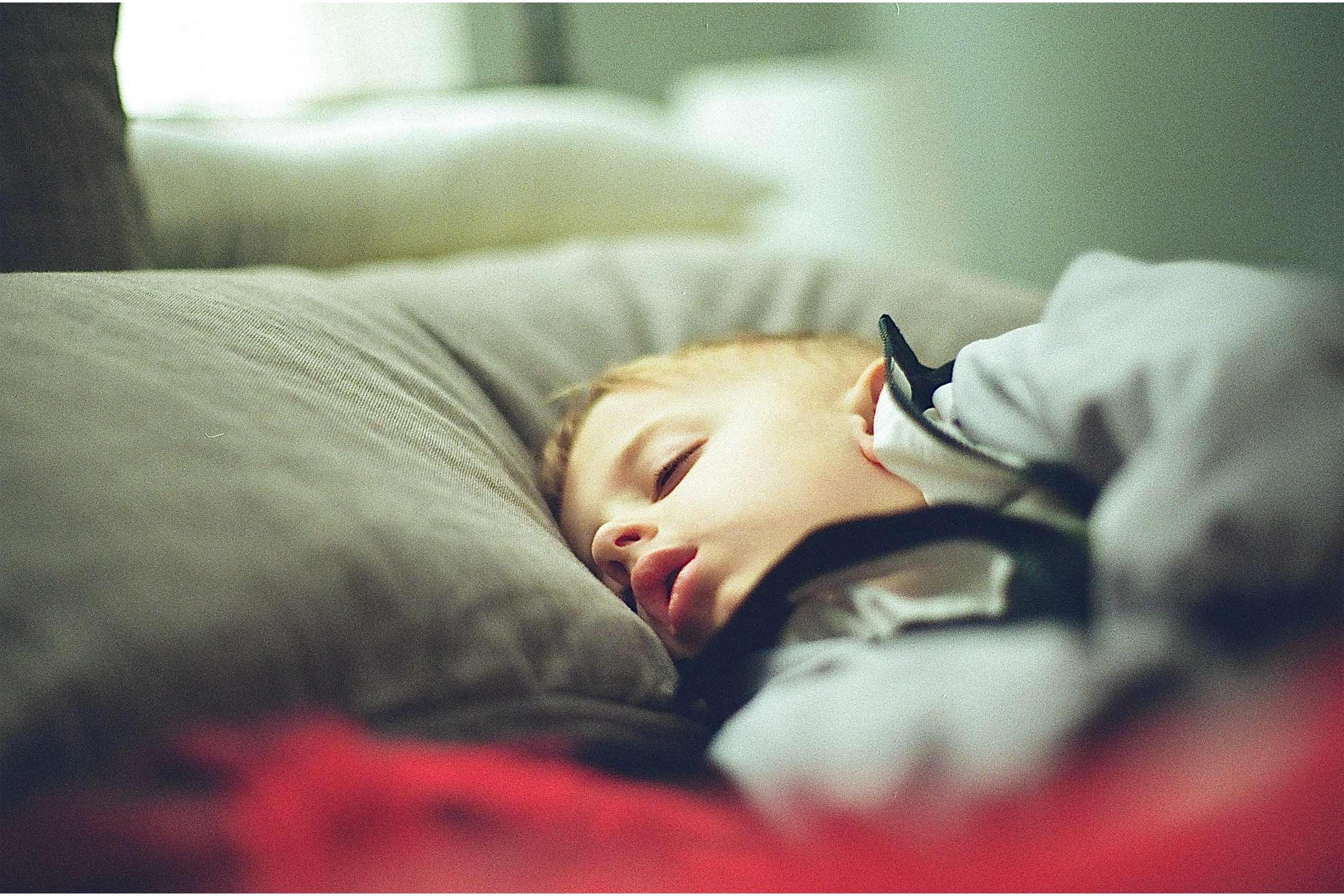
09 Nov Sleep in children with autism
Up to 80% of autistic children have problems with sleep, and this may be worsened by other medications they are prescribed.
New study looks to test alternative to medication
Autistic children are often prescribed medication, including for sleep conditions such as insomnia. But is this leading to over-medication?
New Flinders University research supported by the Channel 7 Children’s Research Foundation is working on an advanced study to assess a non-drug treatment for insomnia in autistic children.
“We are conducting the world’s first clinical randomised controlled trial testing the usefulness of the ‘gold standard’ insomnia treatment, cognitive behaviour therapy, for insomnia in autistic children,” says Flinders University researcher and clinical psychologist Dr Michelle Short.
“With an estimated 1 in 54 children now diagnosed with the neuro-developmental condition, autistic children with co-occurring insomnia have significantly worse outcomes than those without insomnia.
“Untreated insomnia can negatively impact a child’s school, family, social development and mental health.
“Sleep is a real problem for many autistic people, with most children with autism also having insomnia.”
Research project lead Dr Short says the resolution of sleep problems during childhood is crucial “given that sleep disorders in children often do not subside if left untreated”.
“There is insufficient evidence for non-pharmacological therapies for sleep problems in autistic people and clinicians need to know what interventions to use,” she says. The Flinders University research team is calling on families with children diagnosed with autism and no intellectual disability, aged 7 to 12 years, to take part in this free Australia-wide study. Sessions are conducted via telehealth.
“Early results are extremely promising, with children falling asleep faster, waking less during the night, and needing less parental presence to fall or stay asleep following treatment,” says co-investigator, Professor Robyn Young.
The use of psychotropic medicines such as antipsychotics, antidepressants and anxiolytics is quite common in children with autism spectrum disorder, with children and adolescents with ASD and co-morbid attention deficit-hyperactivity disorder more often prescribed psychotropic medicine, recent Australian studies show.
For more information see Sleep Foundation


